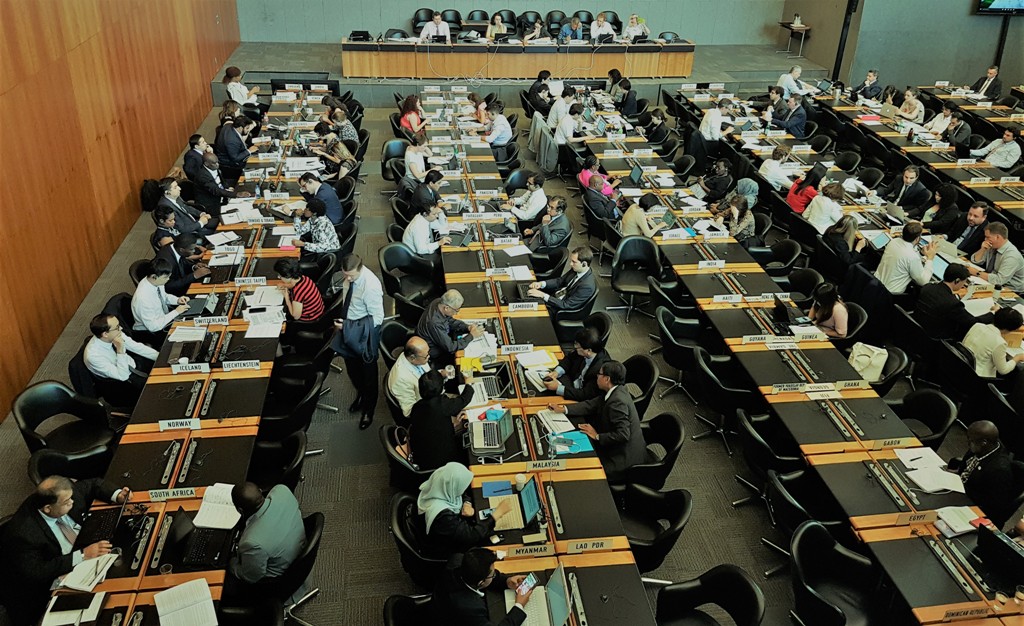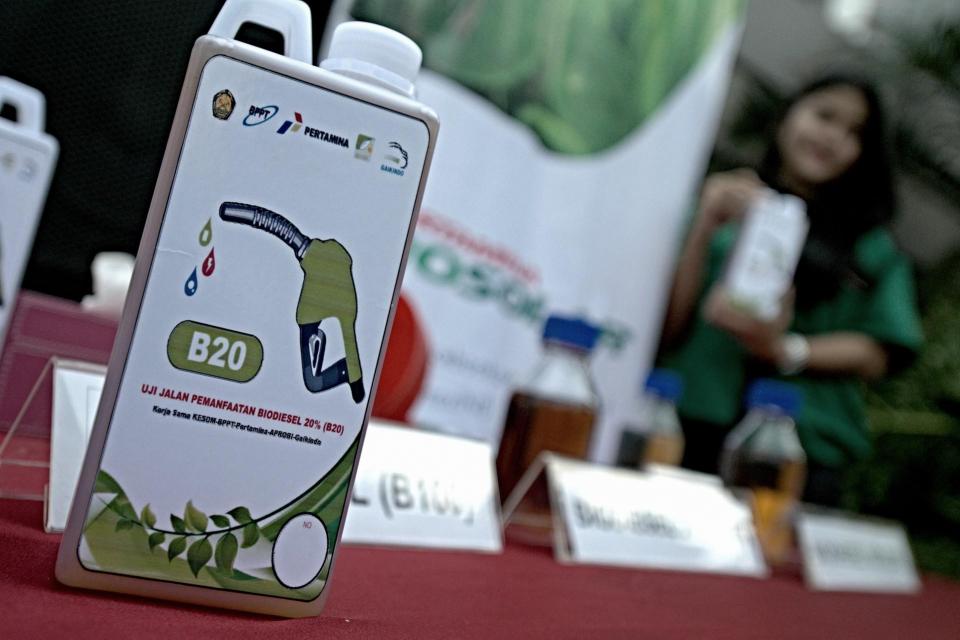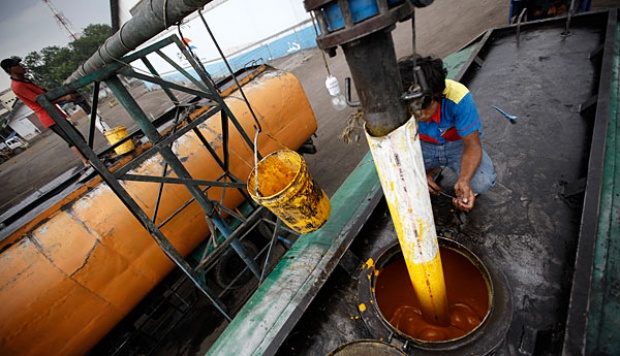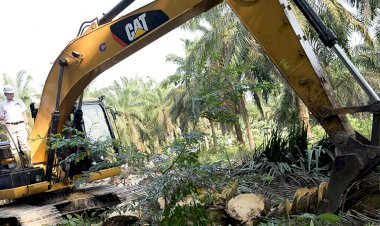Indonesia Concerned about the Amendment Plan of EU RED
Indonesian government conveyed its concerns over the amendment plan of the EU Renewable Energy Directive (RED) at the WTO Technical Barriers to Trade (TBT) Committee Meeting in Geneva, 19–21 June 2018.

JAKARTA-- Indonesian government conveyed its concerns over the amendment plan of the EU Renewable Energy Directive (RED) at the WTO Technical Barriers to Trade (TBT) Committee Meeting in Geneva, 19–21 June 2018. Indonesia sought clarification from the EU on the scope of the amendment to the RED and the treatment that the EU will impose on palm oil, including its derivative products and biofuel.
The EU is in the process of amending RED aiming to diversify energy supplies and reduce greenhouse gas emissions in the EU region through the use of renewable energy. It is planned that by 2030, 32% of the energy resources in the EU will come from renewable energy. However, to fulfill the 32% commitment, the EU plans to remove the contribution of palm oil (biofuel) as one of renewable energy sources.
The consequence of the RED therefore is that EU member states that have been using biofuel with palm oil material base as one of the main sources of renewable energy, are feared will no longer be able to use it so as not being able to benefit the added value of the process of making palm oil-based biofuel.
These conditions and the massively negative campaigns against palm oil in the European Union have created uncertainty over the use of palm oil and its derivative products, so it is potentially reducing palm oil exports from palm oil producing countries to the European Union. Under such conditions, as the world`s largest palm oil producer, Indonesia is feared to be directly affected by the RED II policy.
Through the TBT Committee, Indonesia urged the EU to provide certainty regarding the fulfillment of the 32% renewable energy commitment, which should not be specifically applied to palm oil, but also applied to all of the other vegetable oils, both EU`s domestic best quality varieties (rapeseed) or other similar products. Indonesia is holding on to the basic provisions of the WTO which in principle require all WTO members to provide equal treatment of similar products, whether domestically produced or imported.
A special note was also given by Indonesia to the EU`s plan to undertake a study on the use of renewable energy that was planned to be used as a supporting material of RED policy. To this end, Indonesia expected that the study could be conducted objectively and not solely directed to developing countries that have forests with diverse biodiversity.
From the perspective of the TBT Agreement, Indonesia urged the EU not to create a more restrictive-than-necessary policy through the establishment of various standards that would hamper market access of developing country products to the EU region.
In addition to express the concerns on RED II policy, Indonesia was also questioning the implementation of EU 1169/2011 and 1924/2006 regulations that do not prohibit the labeling of “palm oil free` on any packaging of various food products circulating in the EU region The rise of “palm oil free` is feared to have given a mistaken message to consumers that the use of palm oil can have particular adverse effects. (Source: Indonesian Mission in Geneva)



































